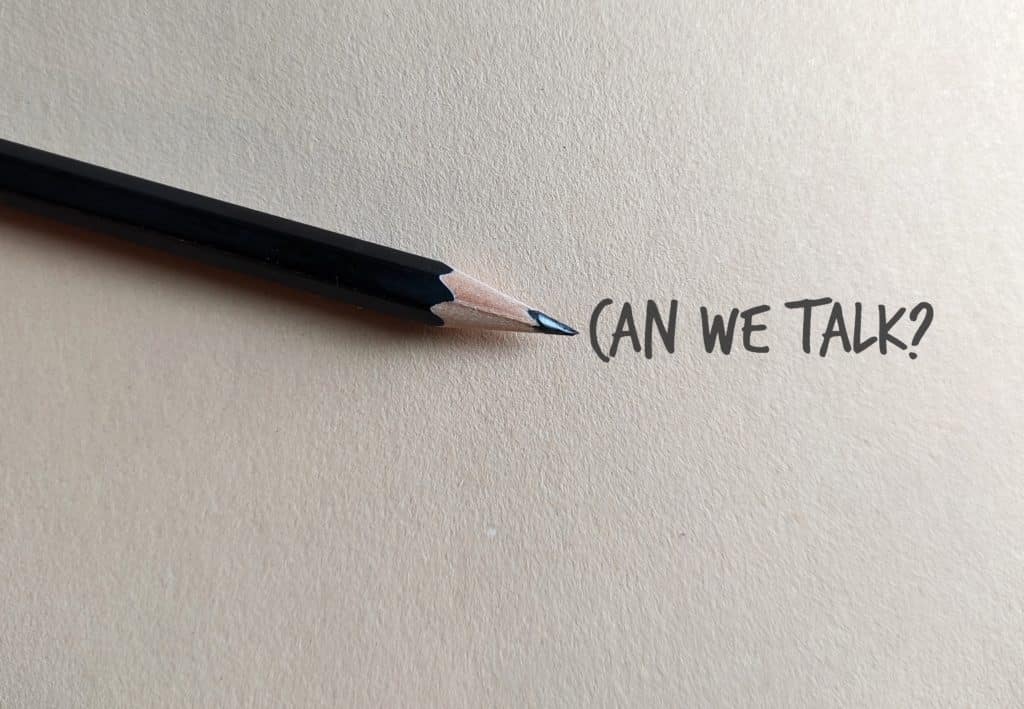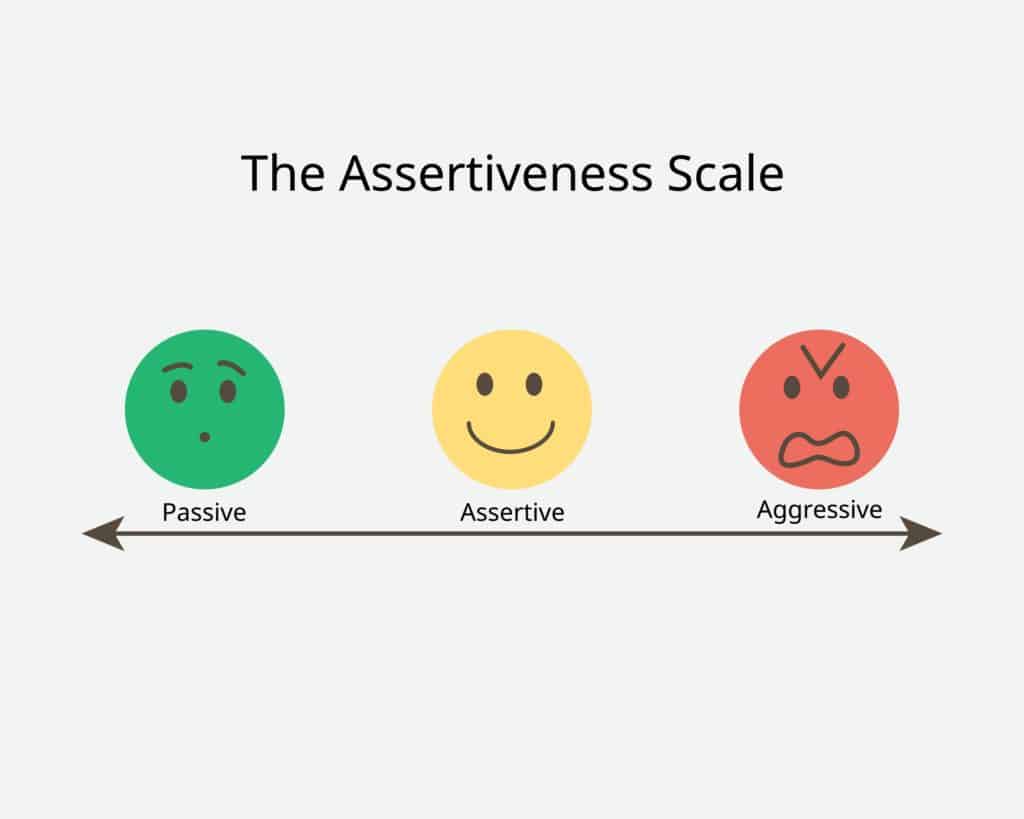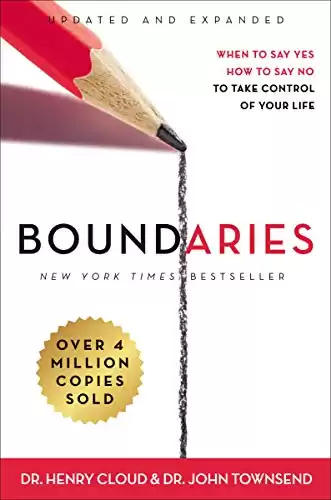Effective Communication: How to Improve Your Communication Skills for Better Relationships

Good communication is essential in any personal or professional relationship. Effective communication is critical, whether trying to build a new relationship, maintain an old one, or resolve a conflict.
To communicate effectively, you need to understand and be understood by the other person; this is the foundation of communication. If you can’t understand each other, you can’t communicate effectively. And to do that, you must develop effective communication skills.
These skills are not difficult to learn, but they do require practice. The more you use them, the better you’ll become at communicating. And you don’t have to be a born communicator to master these skills; anyone can learn them.
Table of Contents
Consequences of Ineffective Communication
Not setting boundaries and understanding how to use effective communication to get your needs met can lead to resentment. If you hold in your needs instead of communicating them, you may come across as “nice,” but you may become angry and explosive.
Holding in something that bothers you leads to growing anger. If you wait until that anger has festered enough, you can say things you regret and can not take back.
Setting boundaries is also a great way to avoid anxiety.
Often we allow ourselves to stay in toxic or abusive relationships and to work outside of our job requirements with no additional pay. Setting boundaries and using effective communication skills will help you to pursue what you want, eliminate anxiety, and protect yourself from potentially traumatic or burnout situations.
- -How to Learn relaxation techniques you can do anywhere.
- -Identify anxiety in yourself and others.
- -Learn how to better react to situations and set a firm foundation for dealing with stressful situations.
- Use Natural Supplements, Dietary, and Lifestyle changes to help you feel less anxious sooner.
- I am a Counselor in Training, so I share what I learn through my education and experience and the price will go up shortly--- However! You will get all of the free updates I make to the course at no additional charge to you! As I learn through research, my education, and personal experimentation of new supplement regimens I will share them with you!
Effective Communication Skills to Master
Listen Actively and Attentively
Active listening is a crucial communication skill. It means paying attention to what the other person is saying, not just hearing the words but also trying to understand their meaning.
When actively listening, you give the other person your full attention. You make eye contact, and you don’t interrupt. You allow the person to finish speaking before you respond.
And you don’t just listen to the words; you also pay attention to the person’s body language and tone of voice. These can give clues about the person’s feelings and thoughts, even if they’re not saying it directly.
Active listening takes effort, but it’s worth it. When you actively listen to someone, they feel heard and valued. And that can help build trust and rapport.
Speak Clearly and Concisely
To be an effective communicator, you must also learn to speak clearly and concisely. This means choosing your words carefully and using language that everyone can understand. It also means being aware of your tone of voice. How you say, something can be just as important as your words.
For example, if you’re trying to defuse a tense situation, it’s better to use a calm and reassuring tone of voice. On the other hand, if you’re trying to convey excitement or urgency, a more vibrant tone will be more effective.
Finally, when you’re speaking, be aware of your body language. Your body language can reinforce or contradict the words you’re saying. If you’re saying, “I’m not angry,” but your arms are crossed and scowling, your body language sends a different message.
Communicate Openly and Honestly
To communicate effectively, you need to be open and honest. It doesn’t mean you must share everything about yourself with everyone but be genuine and authentic. When you’re open and honest, people can trust you. They know you’re not hiding anything and can rely on you to be truthful.
Of course, being open and honest doesn’t mean that you have to be brutal. There’s a difference between being honest and being hurtful. If you want to give someone feedback, for example, do it respectfully and constructively. And if you’re delivering bad news, try to do it in a way that minimizes the impact.
Respect Other People’s Opinions
Effective communicators are also respectful of other people’s opinions, even if they disagree with them. You don’t have to agree with everything everyone says, but it does mean being open to different points of view.
When you respect other people’s opinions, it shows that you value them as individuals. It also makes it more likely that they’ll be open to hearing your point of view.
There are times when you will need to stand up for your beliefs. But even then, you can do it respectfully. For example, if you’re debating a controversial topic, you can state your opinion clearly without attacking the other person.
Be Assertive, Not Aggressive

Assertiveness means standing up for yourself and your beliefs in a respectful way. It doesn’t mean being pushy or trying to force your opinion on others. And it doesn’t involve putting down other people to make yourself feel better.
Communicate your needs and wants clearly and directly without being hurtful, and be open to hearing other people’s opinions, even if you disagree with them.
There’s a fine line between being assertive and being aggressive. If you’re not sure where that line is, err on the side of caution. It’s better to be polite than rude.
However, understanding boundaries can be important. Being too passive can cause you to internalize and have built up resentment.
Don’t Cut Other People Off
Another practical communication tip is to avoid cutting other people off. It’s tempting to jump in and finish other people’s sentences, especially if you think you know what they’re going to say. But this can be frustrating for the other person, making you seem like you’re not listening.
If you want to be an effective communicator, learn to listen. Give the other person your full attention and resist the urge to interrupt. It also means trying to see things from their perspective. Empathy is an essential ingredient in effective communication.
If you can understand how the other person feels, finding common ground and resolving conflicts will be easier.
Use “I” Statements
Another helpful communication tip is to use “I” statements. Instead of saying, “You always leave your dirty clothes on the floor,” try saying, “I feel overwhelmed when I see dirty clothes on the floor.”
When you use “I” statements, it takes the focus off of the other person and puts it on you. It also shows that you’re willing to take responsibility for your feelings.
Of course, you don’t have to take responsibility for the other person’s feelings. However, be willing to see things from their perspective.
Be Flexible
Finally, to be an effective communicator, you must be flexible and willing to adjust your approach depending on the situation.
If you’re trying to communicate with an angry person, you might need to use a different approach than if it were a happy person. And if you’re trying to speak with someone from a different culture, you should be aware of cultural differences.
The bottom line is that effective communication requires flexibility. The more flexible you are, the more successful you’ll be at communicating with others.
Why Is it Important to Have Effective Communication?
Effective communication is vital for many reasons. Here are some of the specific benefits of effective communication:
- Build better relationships
- Resolve conflicts
- Make better decisions
- Improve your emotional intelligence
- Build trust
- Provides clarity and direction
- Boost productivity at work
- Become a more effective leader
Final Thoughts
Wherever you find yourself in life, effective communication will help you achieve your goals. If you want to be successful in your personal and professional relationships, start working on your communication skills today.
Thankfully, the ability to communicate effectively is a skill anyone can learn. Use these tips to become a better communicator and build stronger relationships with the people around you. You will be glad you did.
Originally posted 2022-10-16 03:35:23.
Megan Santiago
Latest posts by Megan Santiago (see all)
- How to Find a Trauma Therapist in Tampa - September 30, 2024
- Do You Need Methylfolate for Depression? Everything you NEED to Know! - March 10, 2024
- The Best Mental Health Assessment Tool- Comprehensive Mental Health - March 10, 2024


